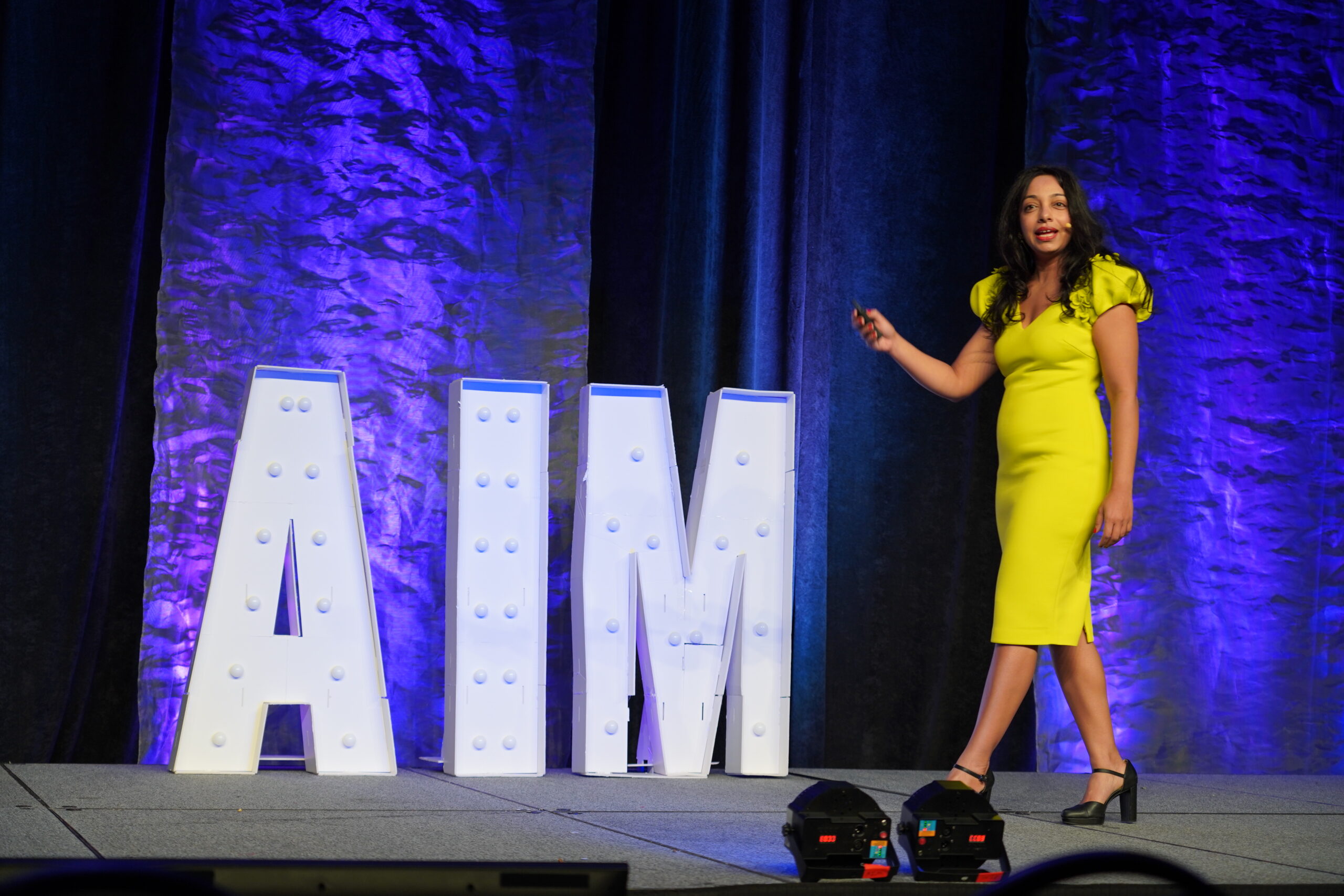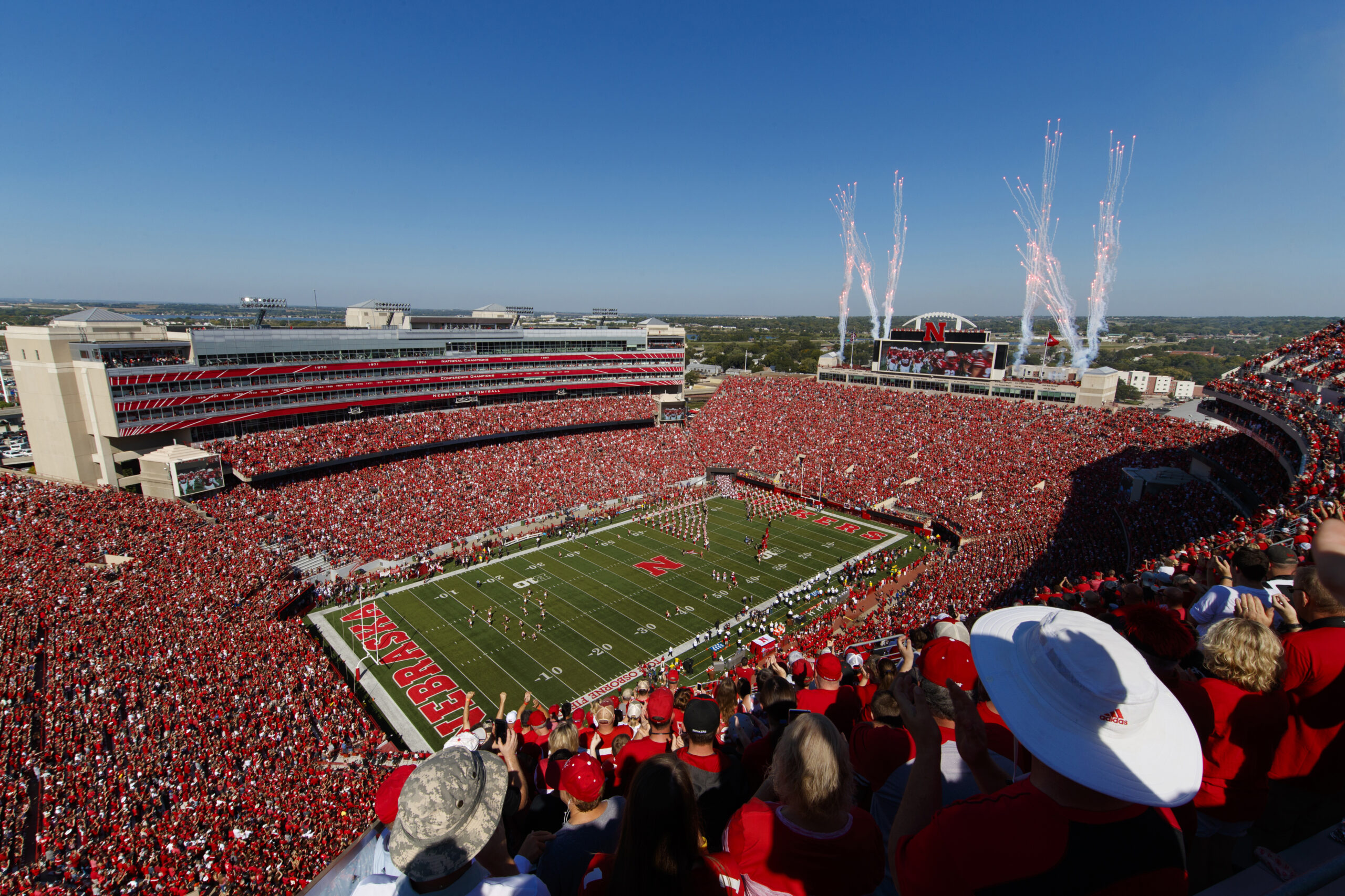Meet Adriana Cisneros Basulto, CEO & CHRO @ Maxwell / Techstars Boulder Alum / Google for Startups Latino Founders Fund Awardee
How would you describe the startup culture in Nebraska?
Let me start by saying that I’m a newer member of the startup ecosystem. I’ve only really been part of it for a few years, and to make matters more interesting I’m an international transplant who mostly only gets to experience the Omaha culture. With that disclaimer, I would describe the startup culture in Nebraska as supportive and about to get a lot more exciting. There are lots of events to connect, people willing to offer advice and people building really cool solutions.
On the other hand, it feels a bit disjointed sometimes. Like most people in Nebraska have no idea of the cool things happening in our state, and that startups are not a top priority.
How do you balance taking risks and making calculated decisions in pursuit of innovation?
I’m a believer that at some point you just have to leap. No amount of data will ever give you a certain answer. Having said that, I also love using quantitative and qualitative data. At Maxwell we pay a lot of attention to the trends shaping the workplace and employees expectations. That helps us build what is needed today, but in a way that the foundation is solid for the future. It is also why a big part of our value proposition for HR teams is providing them with the data they need to make smart decisions.
How do you define success and what metrics do you pay the most attention to?
To some this is going to sound sappy, but success to me is all about love and joy. Who doesn’t want to feel loved, valued, and live moments of joy? I mean let me be clear, I need to save for retirement, pay for bills, and from a business level revenue is key. But that is not how I define success.
In terms of metrics, our most important at Maxwell is moments of joy created. Moments of joy are created when employees use the budget their employer provided via Maxwell to better balance life/work, to recognize others in their company, or receive recognition. Employees (our users) feel valued by their employers, and stay with them. That’s a quick metric to know that we are delivering our promise.
At a personal level, my metric is how much time I am getting to spend with my loved ones. Also, how much I laugh, and how well I am preparing my kids to be good humans. The personal metrics are harder to quantify, but it is easier to sense.
What are the top one or two challenges / opportunities Nebraska startups face?
Challenges
We are a state that culturally leans more towards getting a good job than starting something new like an innovative startup that will scale. Changing that is hard.
We have an image issue. Most people have either no idea about Nebraska, or unfortunately have a negative image. This can make it hard to compete for talent, or to secure capital outside of Nebraska.
Opportunities
We have new amazing momentum in the startup ecosystem. In the last few years a new crop of startups have been founded (with great results). There are more risk capital players and more energy overall. We just need to keep adding fuel to the fire.
Our cost of living is less than in many other markets. That means we can extend our runways for longer here than we could in the Bay Area or NYC. That is huge when you are trying to find product market fit.
What is one emerging industry or technology that you believe will have a significant impact on the Nebraska startup ecosystem in the next few years?
I think the big trends that are impacting the rest of the world will shape Nebraska and we have an opportunity to be at the leading edge. Global warming means we need to be thinking of more efficient ways of growing food, of transporting goods, and conserving water resources. As a state that understands agriculture, a hub for transportation, and home of one of the largest water reservoirs, I think this is the one we are best positioned to innovate in.
At the same time we are world renowned for our expertise in infectious diseases, so I could see us leveraging that knowledge and merging it with a startup mentality to innovate in the management of the next pandemic.
My favorite of course, is the future of work space. A global pandemic accelerated some trends in the workplace. With recent advances in the A.I., we can truly revolutionize an industry that hasn’t been paid attention to for a long time. I believe the future of work is one where we can maximize human talents, and make more time for innovation, creativity, and a life well lived. Shouldn’t the Good Life state be leading the charge?




